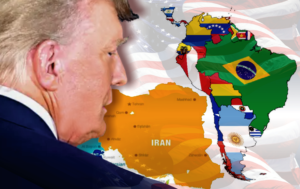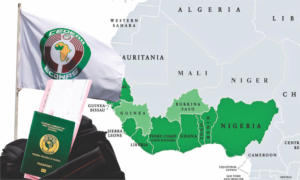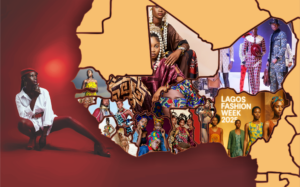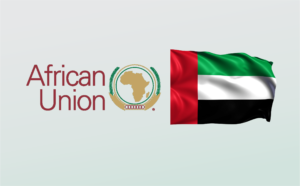Grenada Charts a New Course in Offshore Energy with Trilateral Oil & Gas Commission Proposal

Paramaribo, Suriname. Grenada is deepening its bid to join the Caribbean’s emerging oil and gas map, proposing a trilateral boundary and coordination commission with Venezuela and Saint Vincent and the Grenadines. The move seeks to clearly demarcate maritime borders and strengthen legal and investment frameworks for its budding offshore hydrocarbon industry.
At first glance, the initiative is technical and a matter of lines on a map and jurisdictional clarity. But beneath that lies a broader story about a small island’s search for economic sovereignty, regional cooperation and the delicate balance between opportunity and risk in the age of energy transition. A strategic play for certainty and cooperation.
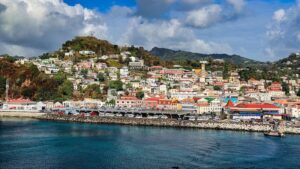
In the stance of Grenada, the commission could be a turning point. By defining clear maritime zones, the government aims to make the island investment ready. A critical prerequisite for attracting energy companies wary of boundary disputes and unclear legal regimes. Unresolved delimitations, especially in the Caribbean’s tightly packed geography, can discourage exploration and complicate environmental oversight. The proposed trilateral mechanism therefore represents not only a diplomatic step, but also a strategic business signal: Grenada wants to be seen as stable, transparent, and open for investment.
This effort builds on past exploration milestones. In 2017, the Nutmeg-2 well by Global Petroleum Group hinted at offshore potential. In 2024, Grenada signed a 38-year production sharing agreement with Nigeria’s Oceangate Oil and Gas Engineering, covering roughly 7,500 km² of offshore acreage. The commission proposal now adds a governance layer to these commercial ambitions. Conversely, there must be a human, cultural and social dimension to this new vista.
Behind the geopolitics, the implications for ordinary Grenadians could be profound. Offshore energy development carries the promise of jobs, training, and infrastructure. Yet it also raises questions such as: how will revenues be shared? Will new wealth translate into social progress, or extend disparity, as seen in some resource-dependent economies?
Energy policy experts warn that the resource curse looms when governance lags behind exploration. To the families in Grenada’s coastal communities, clear rules and transparent management could mean the difference between a fleeting boom and sustainable national development. As it should uphold the virtue of culture, preservation of the environment and promotion of identity.
Grenada’s culture is steeped in maritime heritage, fishing and tourism, may also feel the impact. Offshore drilling brings environmental risk, especially in small-island ecosystems where livelihoods depend on clean waters and biodiversity. Balancing petroleum development with environmental stewardship will test both policy design and cultural values, as Grenadians reconcile traditional relationships with the sea and the allure of a new extractive economy.
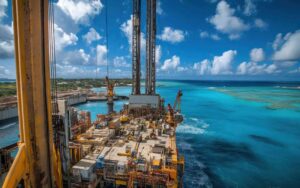
Politically, regional politics and business strategy stitches Grenada’s outreach to Venezuela and Saint Vincent and the Grenadines, signaling a pragmatic regional diplomacy. The move may strengthen ties within the Caribbean Community (CARICOM) and the wider Latin American energy landscape, even as it requires delicate handling of cross-border sensitivities.
Businesswise, Grenada’s timing aligns with Caribbean Energy Week (CEW) in Paramaribo. A high-profile gathering of policymakers, investors and operators under the theme – Leveraging Energy Diversity Across the Caribbean. The event gives Grenada a stage to showcase its governance maturity and seek partnerships that could unlock both financing and expertise.
Success will depend on two things – political alignment and institutional strength. The trilateral commission must not only secure buy-in from its three member states but also deliver a credible roadmap for boundary demarcation and investor engagement. Meanwhile, Grenada’s domestic institutions must evolve, crafting transparent fiscal regimes, fair local content rules and environmental safeguards that meet global standards.
In view of a small nation standing at the threshold of a potentially transformative industry, the stakes go beyond hydrocarbons. They touch on national identity, economic resilience, and the very idea of how a Caribbean island can navigate globalization on its own terms.
Grenada’s next chapter in the energy story will thus be written not only in seismic surveys or drilling rights, but also in how it manages the human, cultural and political ripples of a new offshore frontier.



